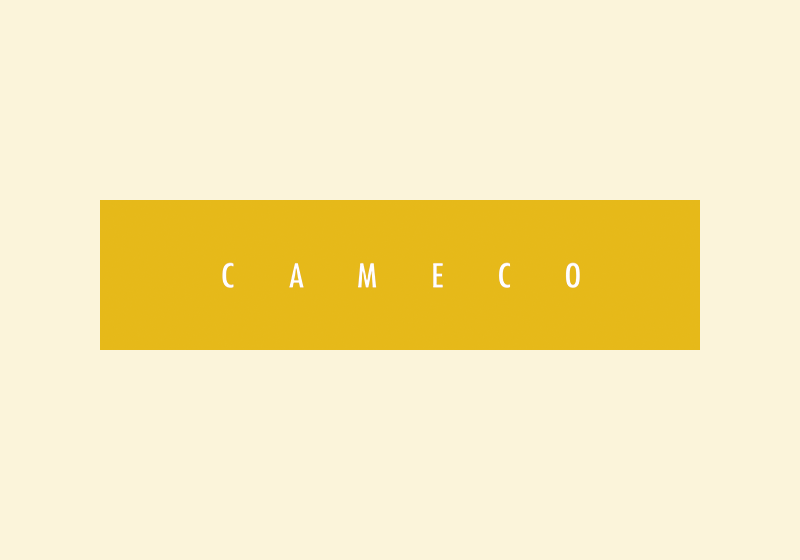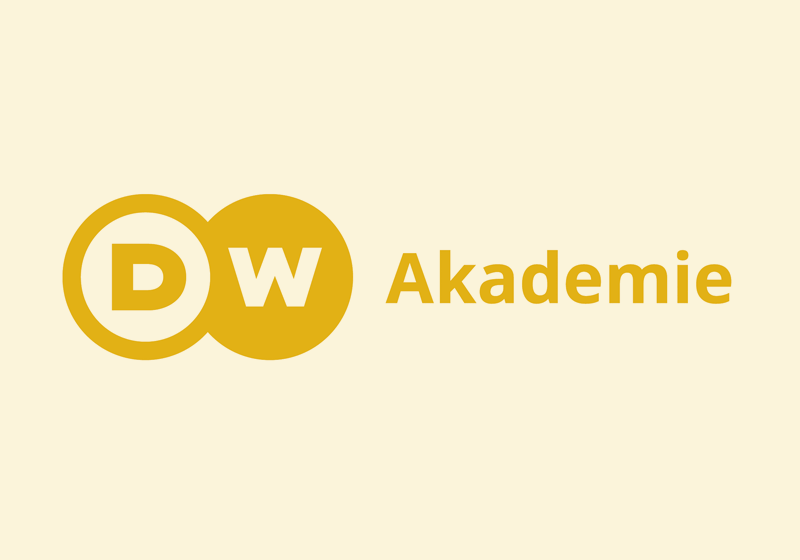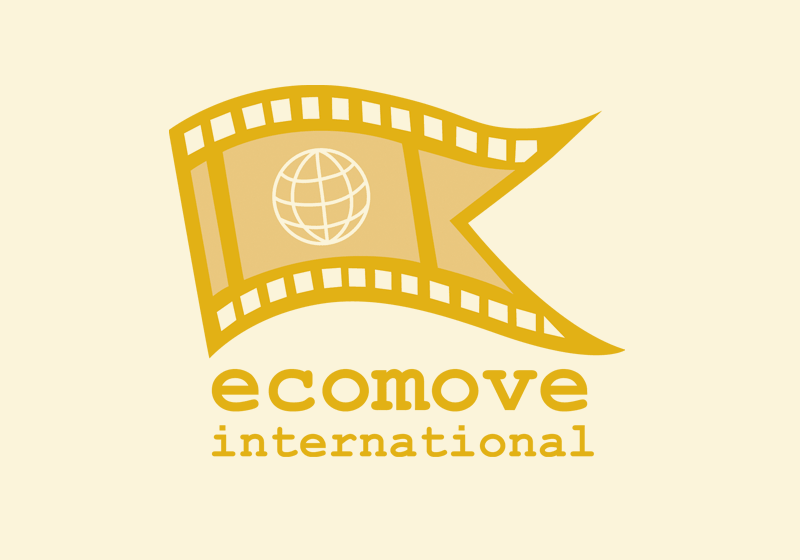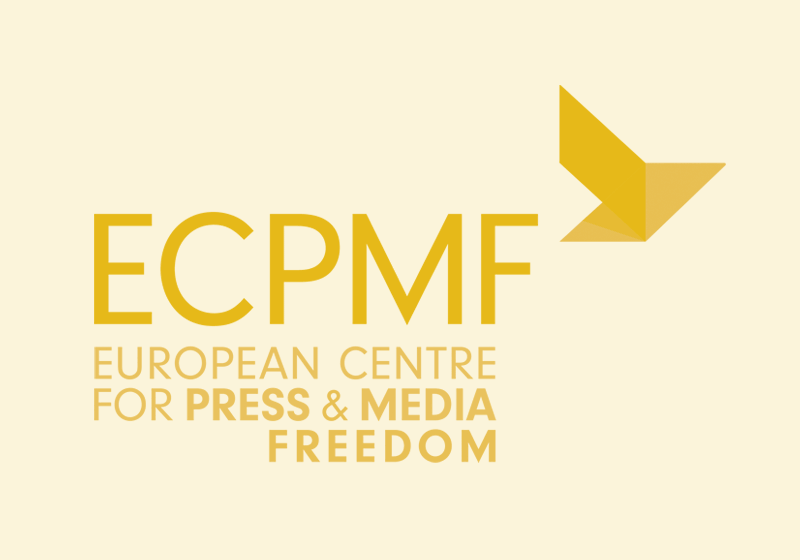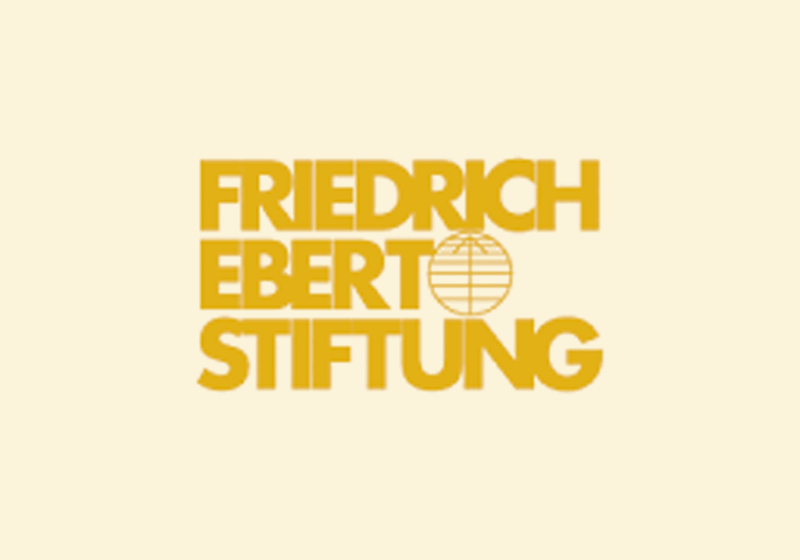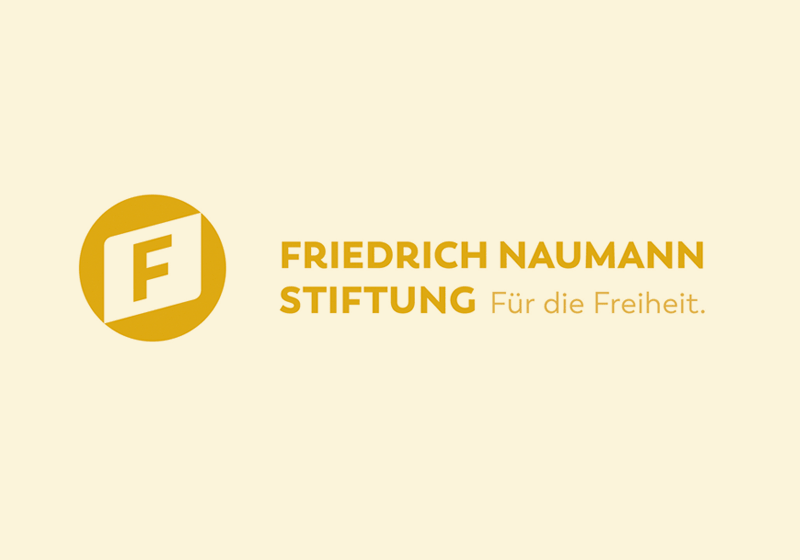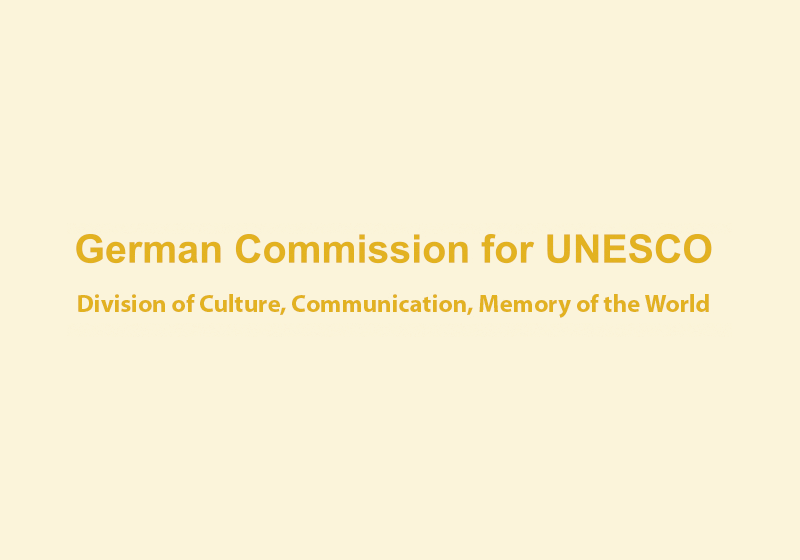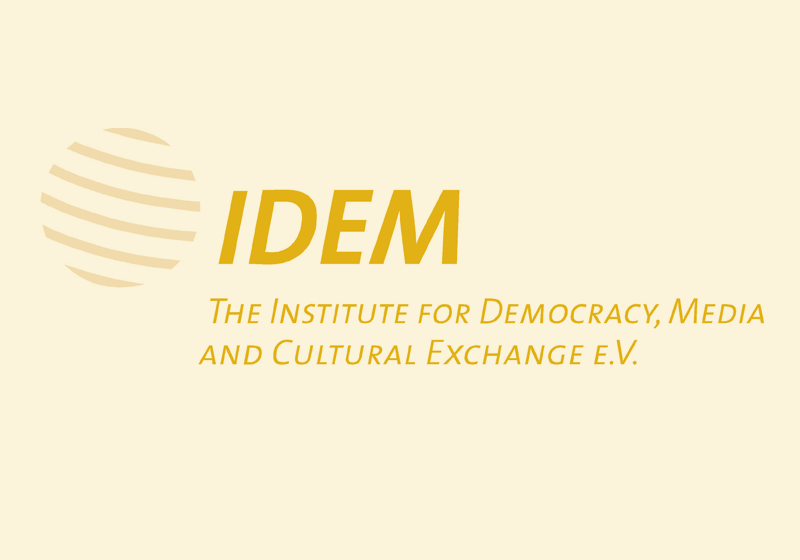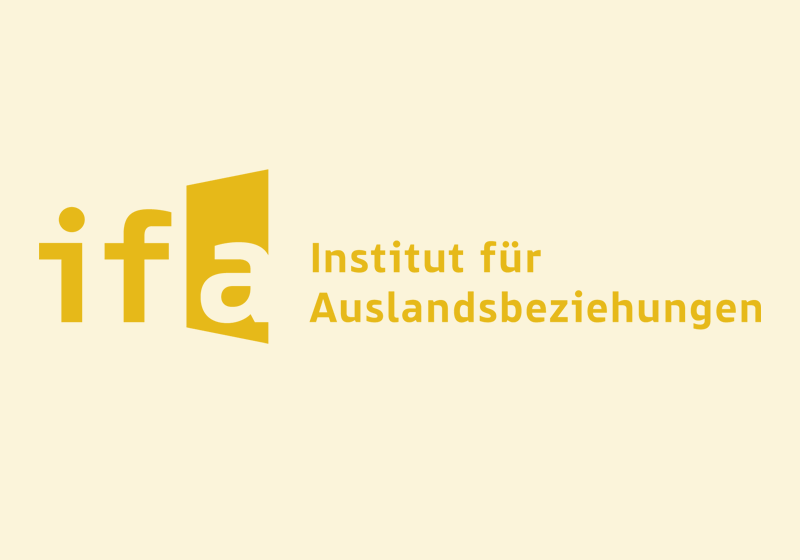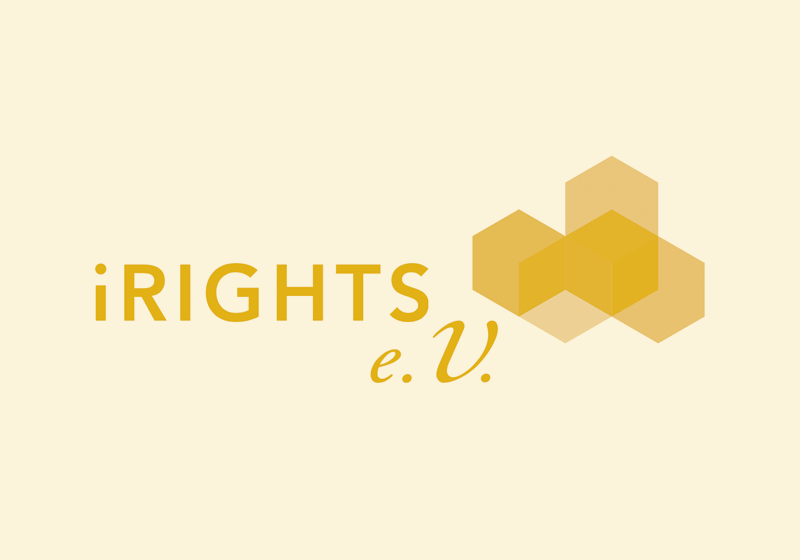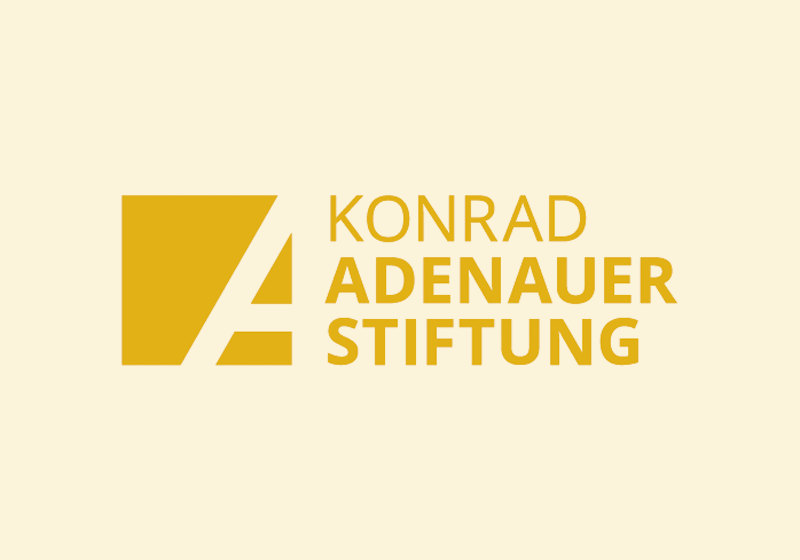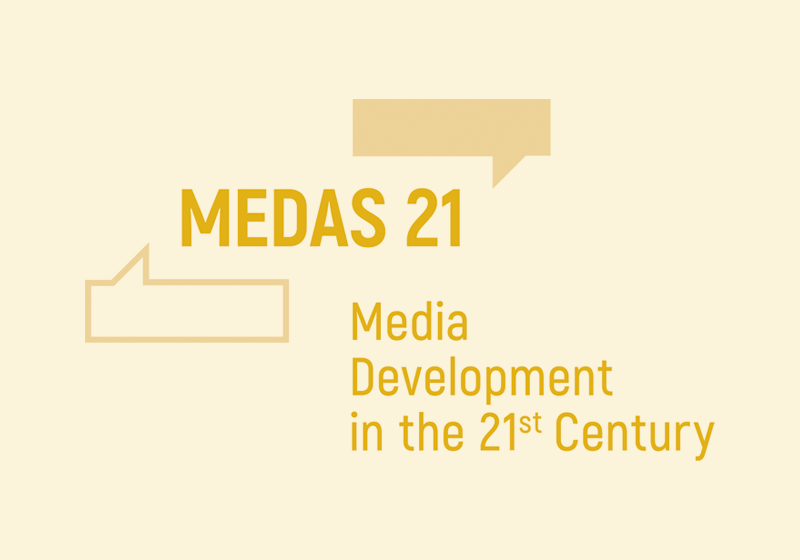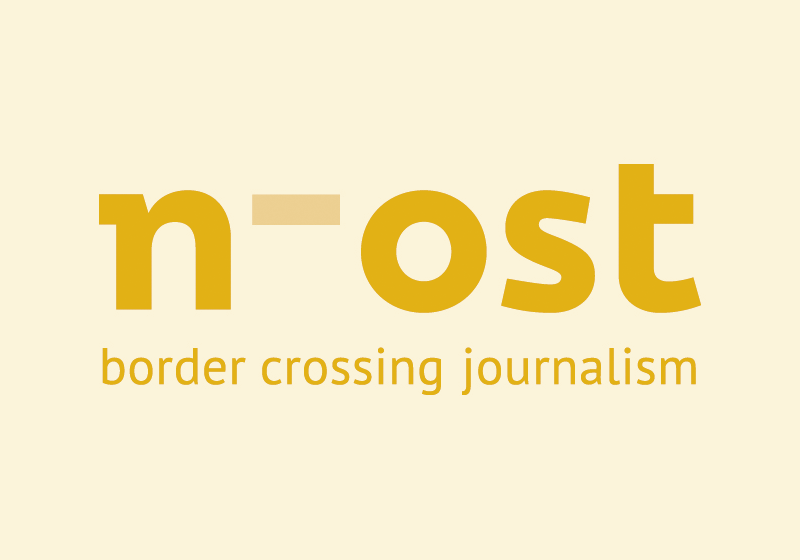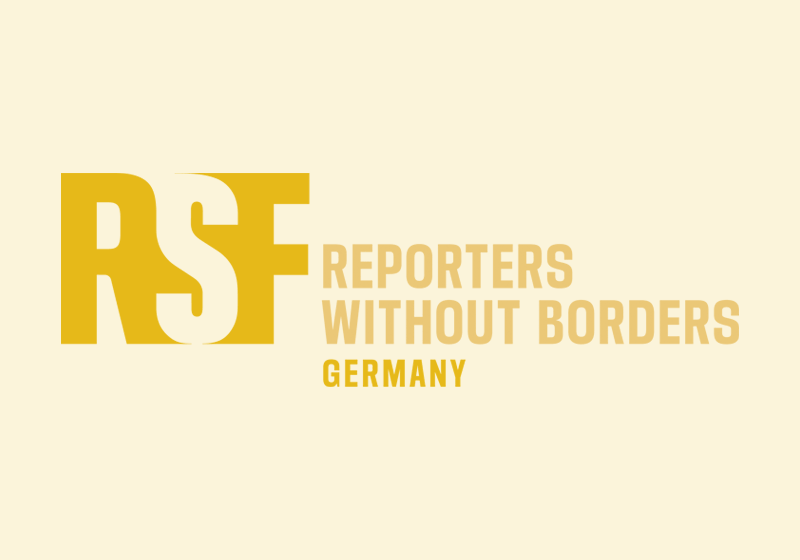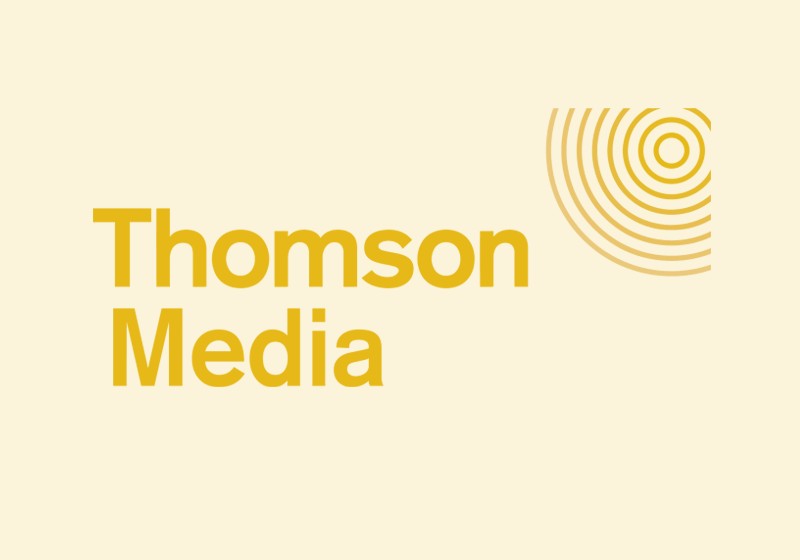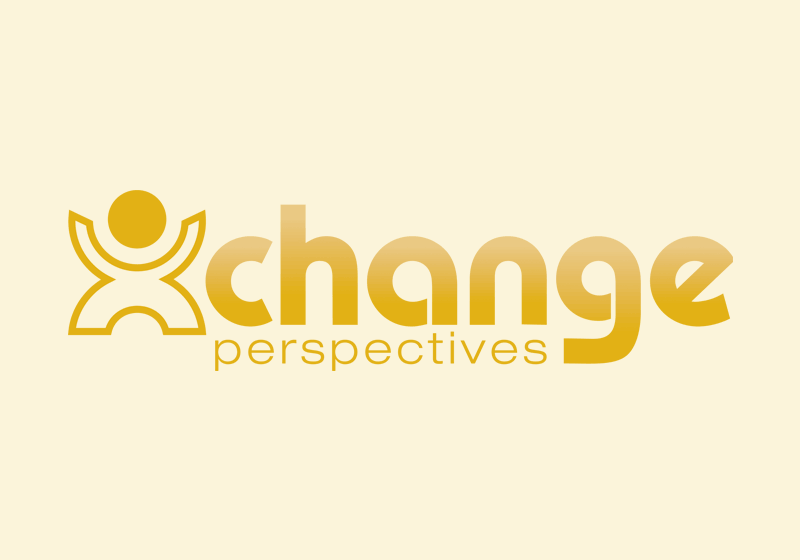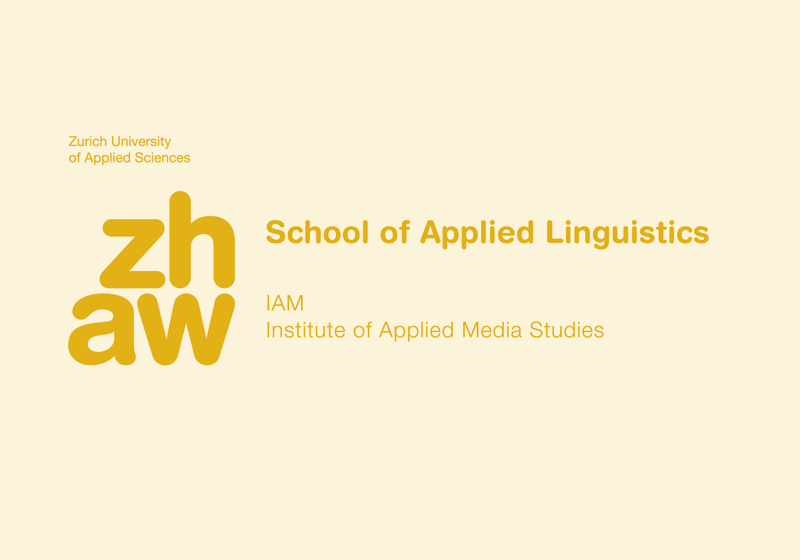From Online Activism to Offline Action. Digital Media and Democratic Space.
Friedrich-Ebert-Stiftung (FES) and the Forum Medien und Entwicklung (FoME) host the
7th FoME Symposium from Monday, October 29th to Wednesday, October 31st 2012
at the Friedrich-Ebert-Stiftung in Berlin, Germany.
From Online Activism to Offline Action. Digital Media and Democratic Space.
All over the world Internet-based media have been redefining the public sphere. Political activists are using social media to transfer their protests and campaigns on to digital platforms, conquering new territories of democratic space. But in many countries those in power are trying to reclaim the newly created venues and avenues with acts of online-censorship and state regulation of the Internet; often assisted by Western companies. From Asia to the Arab World, from Latin America to Africa: old struggles are fought on new terrain. At the same time the structure of the net itself is under threat from authoritarian states and dominant Internet companies. What, if any, regulation is needed to retain the Internet as a public sphere?
At the FoME 2012 Symposium media experts, development practitioners and researchers from four continents are invited to discuss this critical contestation of the democratic sphere and share their experiences. Focal topics will be:
- The framework of internet governance
- The role of digital media in enlarging democratic space
- The new media’s dependence on traditional political struggle
- The translation of online activism into sustainable political action
On the evening of October 29th we will start with a keynote speech on Internet governance as it relates to our topic of safeguarding or enlarging democratic space. A panel discussion and questions from the audience will conclude this session open to the public.
During the following 1 ½ days of the FoME-Symposium international speakers and invited participants will then be discussing the political usage of new or social media – and its limitations. Why and how do certain practices work whilst others fail? And what about the sustainability of online and on-the-ground democratic engagement beyond „facebook revolutions“ and the public glare?


